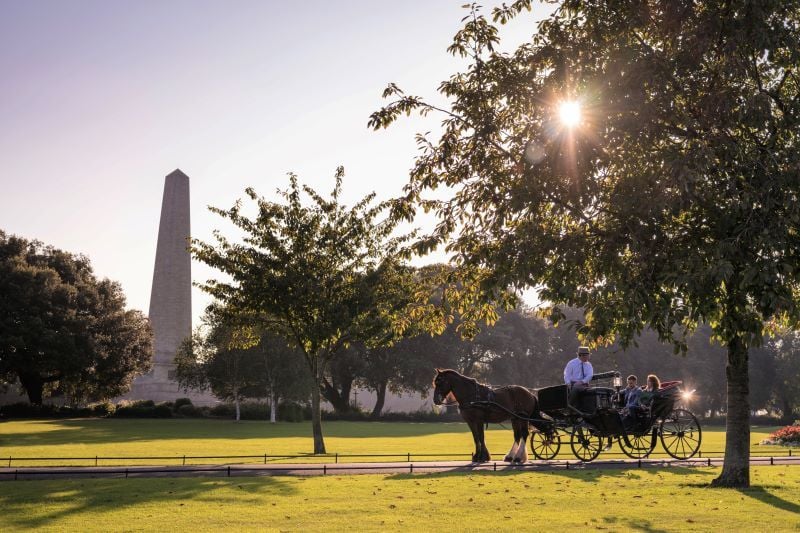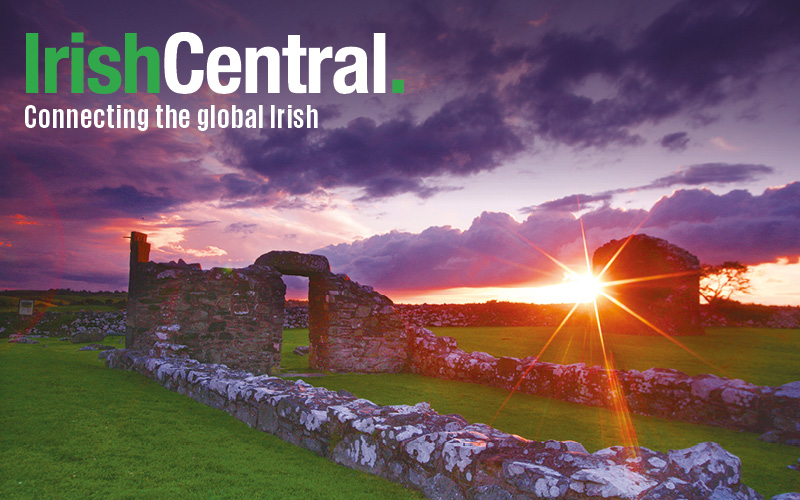Ryanair has proposed paying $136 million to the Flybe Group to take over almost half of Aer Lingus Group’s short-haul business. The move comes as it seeks to win European Union approval to buy its Irish rival, according to Businessweek.
Under the proposed deal, Flybe would take over 43 Aer Lingus routes, including more than ten aircraft and their associated crew under a binding agreement to be filed with the European Commission.
Ryanair, also based in Dublin, would forego about twenty million euros of Aer Lingus’ pretax profits as a result, an indication of the seriousness of its intent.
'The level of concessions being offered now are unprecedented for the industry, without a doubt,' David Holohan, an analyst with Dublin-based Merrion Capital, told Businessweek. Holohan has a 'buy' rating on Aer Lingus and a 'neutral' rating on Ryanair. 'It shows how committed Ryanair is to doing a deal and willing to do whatever it takes to getting it over the line,' Holohan said.
According to Businessweek, EU Competition Commissioner Joaquin Almunia recently announced that Ryanair had 'one more time' to discuss the 694 million-euro bid for Aer Lingus. Ryanair owns about 30 percent of Aer Lingus and in June 2011 renewed an attempt to buy the rest of the airline.
In hope of a buyout Ryanair withdrew its proposed transfers of slots at London’s Heathrow airport to International Consolidated Airlines Group’s British Airways unit. That move addresses legal arguments that the Irish government, an Aer Lingus shareholder, can block the sale of the slots, the airline said.
If it goes ahead, British Airways would operate flights between Dublin, Shannon and Cork in Ireland and London Gatwick, though hold an option to take over Heathrow slots if Ryanair gains more than 75 percent control of Aer Lingus.
In the meantime Ryanair is refusing to comment on the precise concessions it has offered. The EU blocked a Ryanair takeover of Aer Lingus five years ago, saying it would create a monopoly for Irish flights. Ryanair’s plan has also drawn opposition from Aer Lingus and Ireland’s government.




Comments